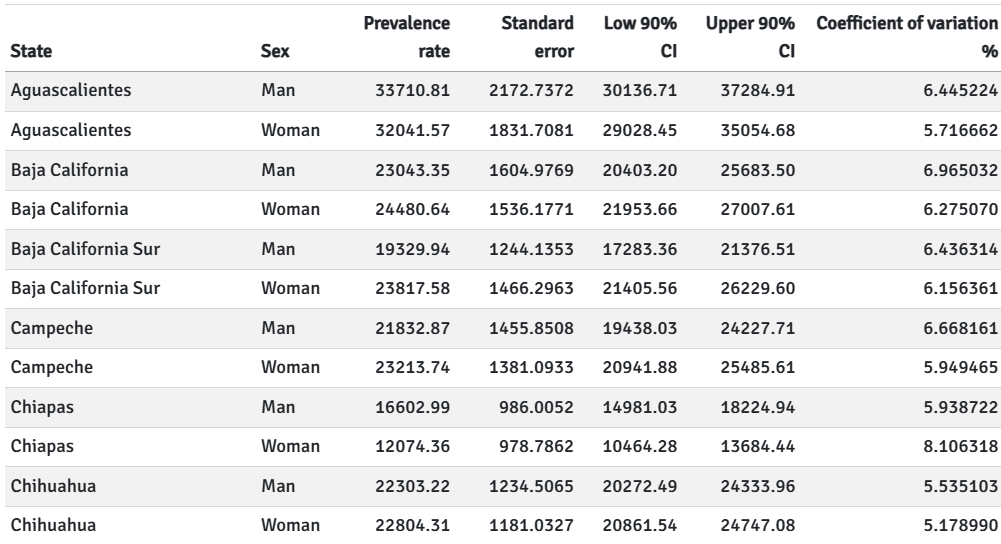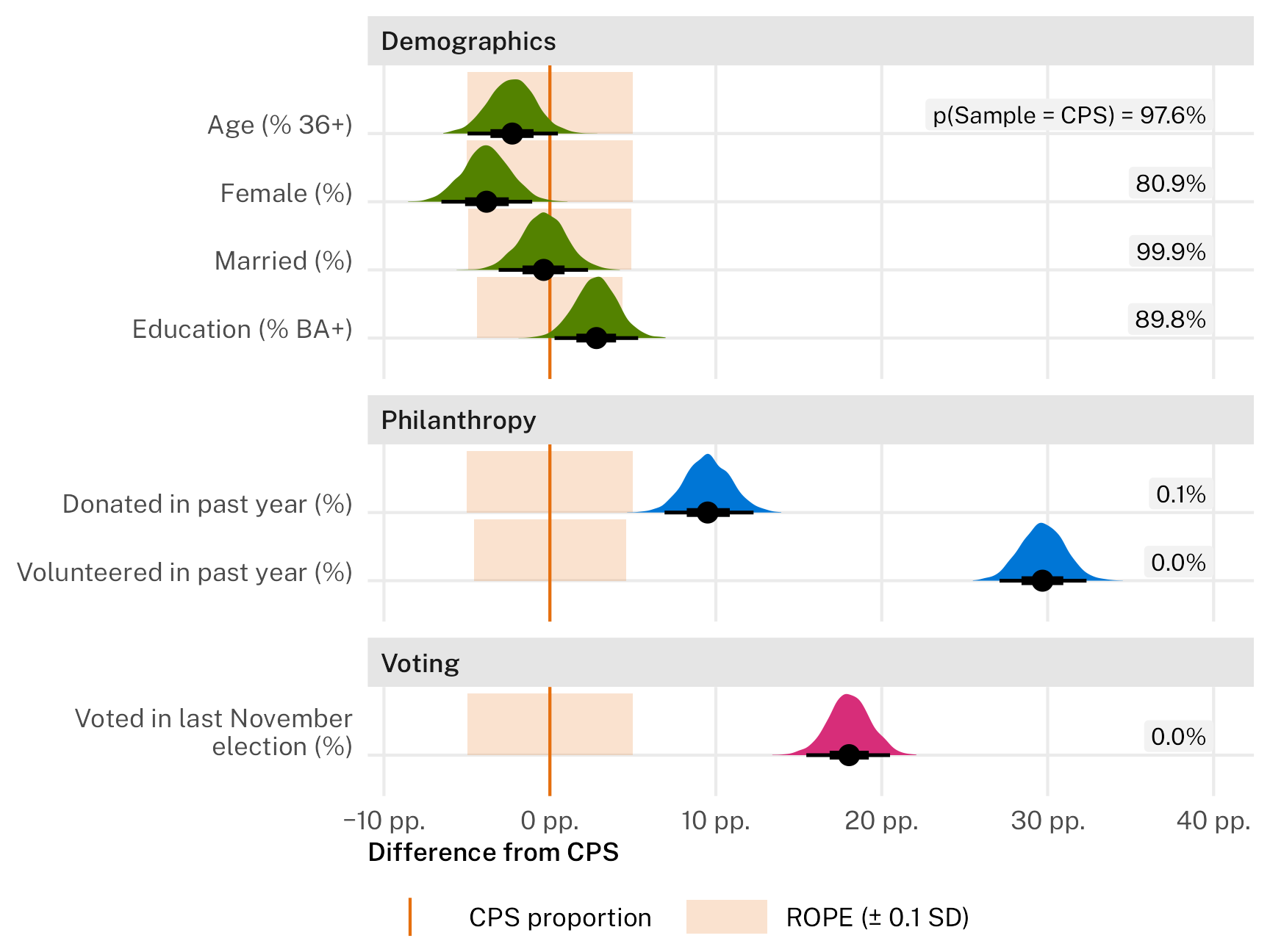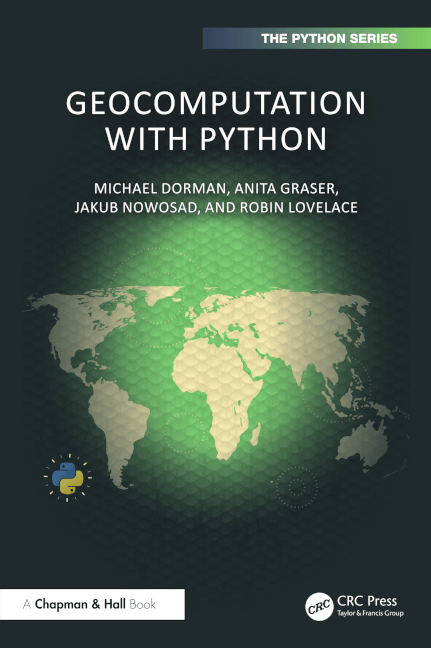
The Rogue Scholar science blog archive continues to grow, with seven new blogs added this month and more than 24,000 archived blog posts. Luckily, onboarding new blogs is mostly automated, with the Rogue Scholar API handling the blog setup and blog post ingestion from RSS feeds. Some questions frequently come up and I try to improve the Rogue Scholar documentation to address them.






